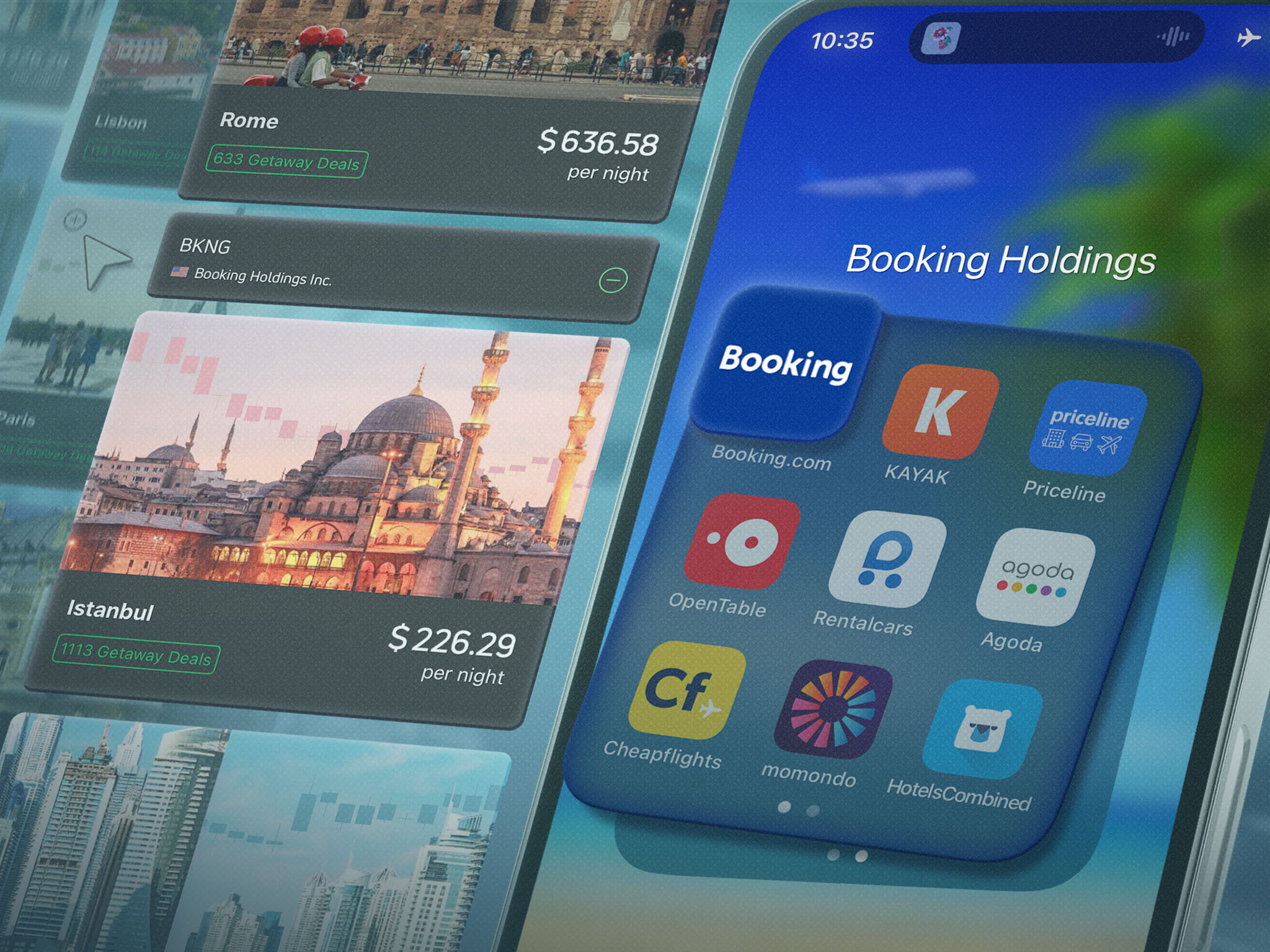Online travel platform Booking Holdings (NASDAQ: BKNG) could expand faster by acquiring other travel-related companies.
The company already has seen steady growth, as travel remains popular despite economic pressures and political tension. And Booking could restart its acquisition pipeline to generate more profit.
In 2013 when the company was called Priceline.com, it bought Kayak for $2.1 billion. After that it made smaller buys. Booking may now be able to make another large purchase without running afoul of antitrust regulators. The company attempted to buy Etraveli Group in 2021, but the European Commission ruled against the deal, saying it would stifle competition.
Booking’s competitor Airbnb (NASDAQ: ABNB) recently launched more offerings for its customers, giving them the option to book a chef or trainer in the home they are renting without having to use another app. Whether travelers want a personal trainer in their rental remains to be seen. In 2019, the company purchased Hotel Tonight, which offers discounted hotel rooms.
Booking could follow a similar strategy and offer its customers more personalized services, but the travel discount market has already undergone a lot of consolidation.
Cash Cow
The company repurchased $1.3 billion of stock during the second quarter and has plenty of cash if it wants to pursue a deal. It ended the quarter with $3.1 billion, a 32% increase over last year.
Revenue rose by 16% in the second quarter from a year earlier to $6.8 billion, as consumers, especially Europeans, are still eager to travel. The company’s earnings per share also increased to an adjusted $55.40 per share, a 32% jump from last year. Bookings across all platforms increased by 13% to $46.7 billion.
Shares of the company have shot up by 51% during the past year.
Booking’s advantage over rivals is that the majority of its revenue comes from Europe, so the company is impacted less by tariffs than Expedia Group (NASDAQ: EXPE) whose revenue is mostly derived from the U.S, or Airbnb. Both Airbnb and Expedia have noted that a downward trend in American travel hurt their profit margins during the first quarter.
However, Canadian, European and Asian travelers haven’t slowed down their pace of sightseeing, even though they may not be visiting the U.S. Companies like Booking have the clear advantage because they are “agnostic” on where consumers head for holidays, Conor Cunningham, an analyst at Melius Research, told Barron’s.
Even though he wishes more Americans were spending money taking vacations, it “doesn’t make or break the demand profile for travel,” he said.
‘Growth industry’
The travel industry is a “secular growth industry that is going to grow at a much greater rate than gross domestic product,” Cunningham said. “There is a perception that people will change their travel plans at the drop of a hat because of economic fears related to tariffs. But I see a consumer who is changing, and is willing to continue spending on experiences more than goods.”
Profits will likely continue to rise for Booking since the company’s travel platform is appealing to travelers globally as they search for deals and packages. The company did warn that it could face some softness in U.S. travel during the next quarter, as consumers start to feel the impact of tariffs and additional layoffs could occur.
Booking estimates that revenue growth in the third quarter will total 7% to 9%. But flight, hotel and other travel reservations could face “elevated uncertainty in the macroeconomic and geopolitical environment,” CFO Ewout Steenbergen said in the earnings conference call
Still, if the Federal Reserve starts cutting interest rates in September, travelers could get relief on their debt, freeing them up to spend more money on travel.




Comments